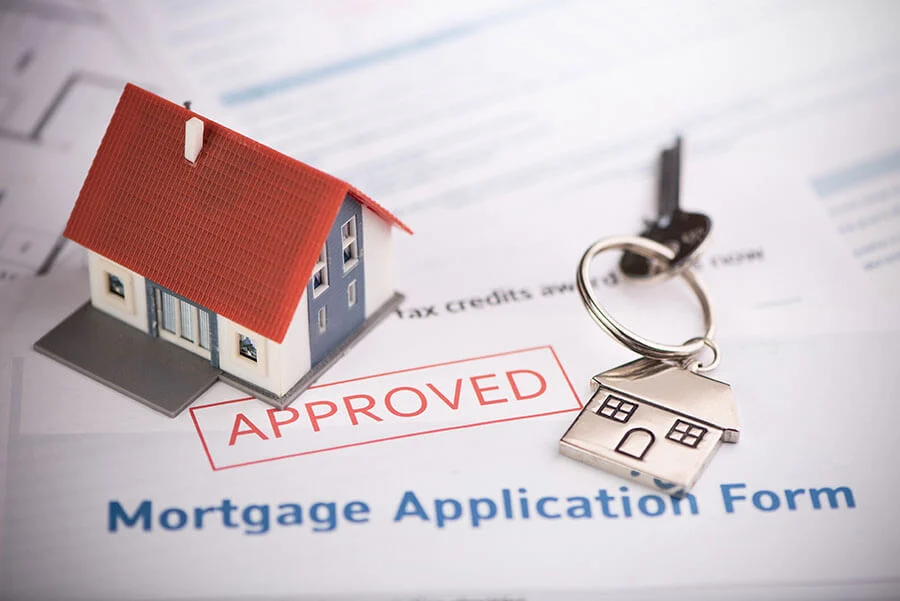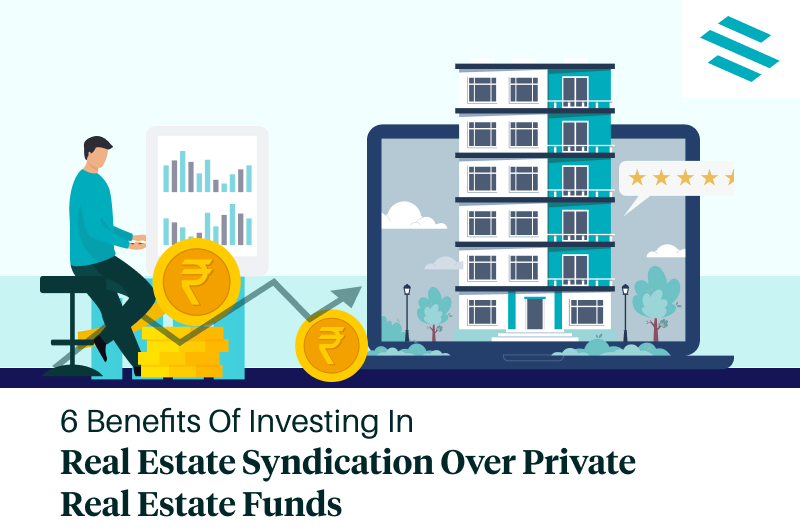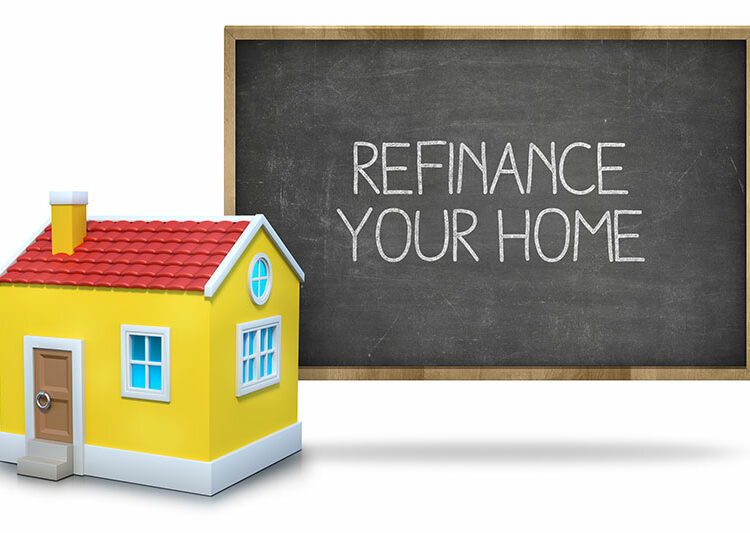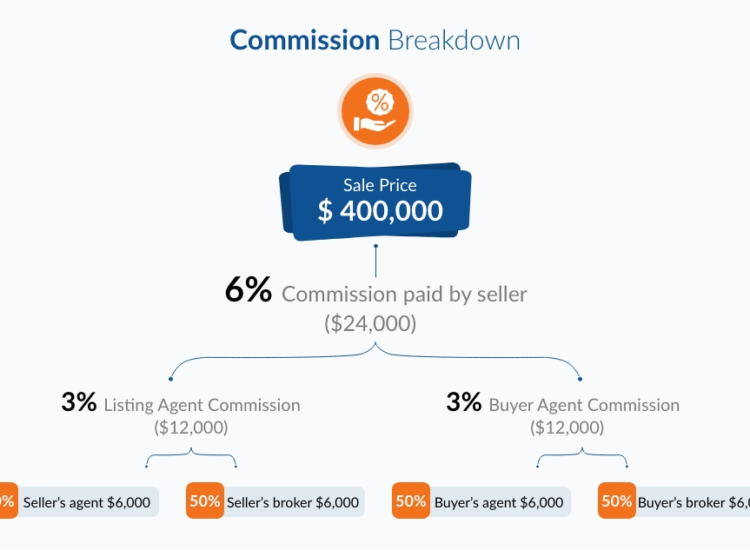In a volatile commercial real estate market, securing the right financing can be the difference between success and failure. While interest rates fluctuate and economic uncertainty lingers, investors still seek opportunities. This guide will explore the best commercial real estate loans available in 2024, providing a roadmap for navigating the current market and making informed decisions.
Toc
- 1. Understanding the Current Commercial Real Estate Landscape
- 2. Top Commercial Real Estate Loan Products: Finding the Best Commercial Real Estate Loans for Investors
- 3. Finding the Best Loan for Your Needs
- 4. Managing Your Commercial Real Estate Investment
- 5. Frequently Asked Questions
- 5.1. What are the current interest rates for commercial real estate loans?
- 5.2. What are the eligibility requirements for SBA loans?
- 5.3. How do I find a reputable commercial mortgage broker?
- 5.4. What are some strategies for mitigating risk in commercial real estate investments?
- 5.5. What are the latest trends in the commercial real estate market?
Understanding the Current Commercial Real Estate Landscape

Interest Rate Trends and Their Impact
The commercial real estate market is undergoing notable changes, particularly due to rising interest rates. The rapid increase in bond yields has not only made borrowing more expensive but has also led to a reassessment of property valuations. As the cost of capital rises, investors are demanding higher returns, which can result in lower property prices. This is particularly evident in sectors like office and retail, where the pandemic has already impacted demand and occupancy rates. For example, in the first quarter of 2024, the average capitalization rate for Class A office buildings in major US cities increased by 50 basis points compared to the previous quarter, reflecting the growing risk aversion among investors.
The fluctuations in the 10-year treasury yield have greatly affected commercial mortgage rates. As of early 2022, the yield was at a low of 1.63%. By the start of 2023, it surged to 3.84%, and by mid-2024, it has reached an unprecedented 4.70%. This rapid escalation in bond yields has resulted in higher commercial mortgage rates, making borrowing significantly more expensive for investors. Many properties now struggle to generate enough cash flow to cover increased debt service, raising concerns about potential defaults and distressed sales in the near future.
Economic Uncertainty and Its Influence
Recent high-profile bank failures, including Signature Bank and Silicon Valley Bank, have cast a shadow over the commercial real estate lending sector. While these issues were largely isolated to specific banks, they have sparked concerns about the overall stability of the banking system, particularly regarding commercial real estate financing.
Furthermore, the Federal Reserve’s ongoing battle against inflation has led to a series of interest rate hikes. This scenario has made it increasingly challenging for investors to identify properties capable of generating sufficient cash flow to service their debt, especially in the office and retail sectors, which continue to face challenges related to the pandemic.
Market Opportunities and Strategies
Despite these challenges, there remain opportunities for astute commercial real estate investors. Property types such as multifamily and industrial sectors have shown resilience and could present attractive investment options. Additionally, targeting secondary and tertiary markets may yield benefits, as these areas may not have experienced the same level of appreciation as primary markets.
To successfully navigate this tumultuous environment, investors must thoroughly evaluate their financing options, stay informed about market trends, and develop a robust investment strategy. By understanding the current landscape and leveraging the best commercial real estate loans, investors can position themselves for success in 2024 and beyond.
Top Commercial Real Estate Loan Products: Finding the Best Commercial Real Estate Loans for Investors

SBA Loans
Among the most appealing financing options for commercial real estate investors are SBA loans. The Small Business Administration (SBA) offers loan programs, particularly the 7(a) and 504 loans, which provide several advantages, including lower interest rates and extended repayment terms compared to conventional commercial mortgages. Beyond offering competitive financing terms, SBA loans play a crucial role in supporting small businesses and fostering economic growth within communities. By providing access to capital for entrepreneurs and small businesses, SBA loans contribute to job creation, innovation, and overall economic vitality. For instance, a recent study by the SBA found that 7(a) loans supported the creation of over 1.5 million jobs in 2023, highlighting their significant impact on the US economy.
The SBA 7(a) loan program can offer financing up to $5 million, with interest rates ranging from 7.50% to 10.00%. The 504 loan program is tailored for the acquisition or refinancing of owner-occupied commercial real estate, offering loan amounts also up to $5 million, with interest rates starting around 6.41%. The benefits of SBA loans include financing up to 90% of a property’s value, more relaxed income and credit requirements, and access to capital for working capital, equipment, and accounts receivable. However, it’s important to note that the application process can be more intricate and time-consuming than traditional commercial mortgages.
Conventional Commercial Mortgages
Conventional commercial mortgages are another widely used financing option for investors. These loans can be structured as fixed-rate or adjustable-rate mortgages, typically with terms ranging from 5 to 10 years. Conventional mortgages generally offer loan-to-value (LTV) ratios of 70-75%, with current interest rates between 6.06% and 6.32%.
While conventional commercial mortgages may have a more streamlined application process, they can also be more rigid in terms of loan-to-value ratios and eligibility criteria, potentially limiting access to financing for some investors. The main advantages of conventional commercial mortgages include a more straightforward application process and the potential for higher LTV ratios compared to other loan types. However, investors should remain aware of how rising interest rates could affect their cash flow and the likelihood of needing to refinance in the future.
CMBS Loans
Commercial mortgage-backed securities (CMBS) loans have gained popularity among commercial real estate investors. These loans typically come with slightly lower interest rates than conventional commercial mortgages, currently ranging from 5.95% to 6.52%. CMBS loans also offer longer repayment terms, with amortization schedules extending up to 30 years.
Key considerations for CMBS loans include potential prepayment penalties and the fact that these loans are generally non-recourse, meaning the lender’s recourse is limited to the property itself in case of default. Investors should also be aware of the heightened scrutiny and underwriting requirements associated with CMBS loans.
Other Loan Products
Investors may also explore bridge loans and hard money loans in certain scenarios. Bridge loans provide short-term financing to cover the period between property acquisition and securing permanent financing, while hard money loans are generally utilized for complex or riskier projects.
While these alternative loan products can be beneficial in specific circumstances, they often come with higher interest rates and stricter underwriting criteria. Investors must carefully weigh the potential risks and rewards of these options before proceeding.
Finding the Best Loan for Your Needs

Working with a Commercial Mortgage Broker
Collaborating with an experienced commercial mortgage broker can significantly aid investors in navigating the complexities of commercial real estate financing. Brokers have access to a wide array of lenders and loan products, offering valuable guidance on the application process, underwriting criteria, and negotiation of favorable loan terms.
When selecting a commercial mortgage broker, it’s crucial to choose someone with a strong industry track record, established relationships with lenders, and a comprehensive understanding of both local and national commercial real estate markets.
Factors to Consider When Choosing a Loan
Investors should carefully evaluate several key factors when selecting a commercial real estate loan, including:
- Interest rates and loan terms
- Loan-to-value ratios and down payment requirements
- Eligibility criteria and underwriting standards
- Reputation and experience of the lender
- Potential prepayment penalties and associated fees
Before diving into the details of loan products, it is crucial to define your investment goals and assess your risk tolerance. Are you seeking a long-term hold with stable cash flow, or are you looking for a short-term investment with potential for quick appreciation? Your risk tolerance will also influence your choice of loan type and lender. For example, if you are comfortable with higher leverage and potential for higher returns, you might consider a bridge loan or a hard money loan, even though they come with higher interest rates and stricter underwriting criteria. On the other hand, if you prioritize stability and predictable cash flow, a conventional commercial mortgage or an SBA loan might be a better fit.
By considering these factors, investors can identify the loan product that aligns best with their investment strategy, cash flow needs, and risk tolerance.
Tips for a Successful Loan Application
A robust loan application is essential for securing the best commercial real estate financing. Investors should focus on maintaining excellent credit, showcasing a successful property management history, and providing detailed financial information about the property and their overall portfolio.
Being prepared to discuss the property’s current and projected cash flow, along with relevant market data that supports the investment’s viability, is also crucial. By taking a proactive and transparent approach, investors can enhance their chances of loan approval and favorable terms.
Negotiating Loan Terms
Once a lender approves a commercial real estate loan, investors should be ready to negotiate terms to ensure they receive the best possible deal. This may involve discussions around interest rates, prepayment penalties, loan fees, and other critical provisions.
By leveraging their financial strength, market knowledge, and understanding of the competitive landscape, investors can often secure more favorable terms that align with their investment goals and risk appetite. A skilled commercial mortgage broker can be invaluable in these negotiations.
Managing Your Commercial Real Estate Investment

Developing a Financial Plan
Effective commercial real estate investing necessitates a comprehensive financial plan that addresses both property acquisition and long-term management. This plan should encompass detailed cash flow projections, budgeting for property expenses, and strategies for mitigating risks such as vacancies or economic downturns.
By crafting a well-structured financial plan, investors can better navigate the volatility of the commercial real estate market and make informed decisions about their investments.
Maintaining Good Credit
For commercial real estate investors, preserving a strong credit profile is critical, as it directly influences their ability to secure financing and manage debt. Investors should monitor their credit reports, address any issues promptly, and take proactive steps to build and maintain a positive credit history.
This may include making timely payments on existing loans, minimizing credit utilization, and regularly reviewing credit reports for accuracy.
Staying Informed About Market Trends
To effectively navigate the commercial real estate landscape, investors must remain informed about the latest market trends, economic conditions, and industry developments. This can involve subscribing to industry publications, attending relevant conferences, and maintaining close relationships with commercial real estate professionals and lenders.
By keeping abreast of the market, investors can make more informed decisions about their investments and be better prepared to respond to changes in the commercial real estate environment.
Frequently Asked Questions

What are the current interest rates for commercial real estate loans?
Interest rates for commercial real estate loans currently range from approximately 5.95% to 10%, depending on the type of loan and the borrower’s qualifications. Rates are influenced by various factors, including the 10-year treasury yield and broader economic conditions.
What are the eligibility requirements for SBA loans?
Eligibility for SBA loans, specifically the 7(a) and 504 programs, generally includes having a sound business purpose, meeting size standards, and demonstrating creditworthiness. Specific requirements may vary based on the lender.
How do I find a reputable commercial mortgage broker?
To find a qualified commercial mortgage broker, seek referrals from trusted industry contacts, research online reviews, and evaluate the broker’s experience and track record in securing loans for similar properties.
What are some strategies for mitigating risk in commercial real estate investments?
Key strategies for managing risk include diversifying your portfolio, conducting thorough due diligence before purchasing properties, and developing a comprehensive financial plan that accounts for potential challenges.
What are the latest trends in the commercial real estate market?
Current trends in the commercial real estate market include a shift toward multifamily and industrial properties, increased interest in secondary markets, a focus on green building and sustainable development, the adoption of PropTech solutions, and a growing emphasis on the resilience of certain sectors like multifamily and industrial.








